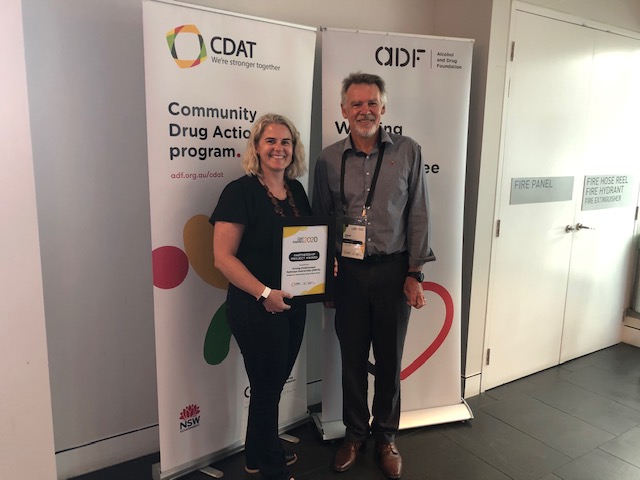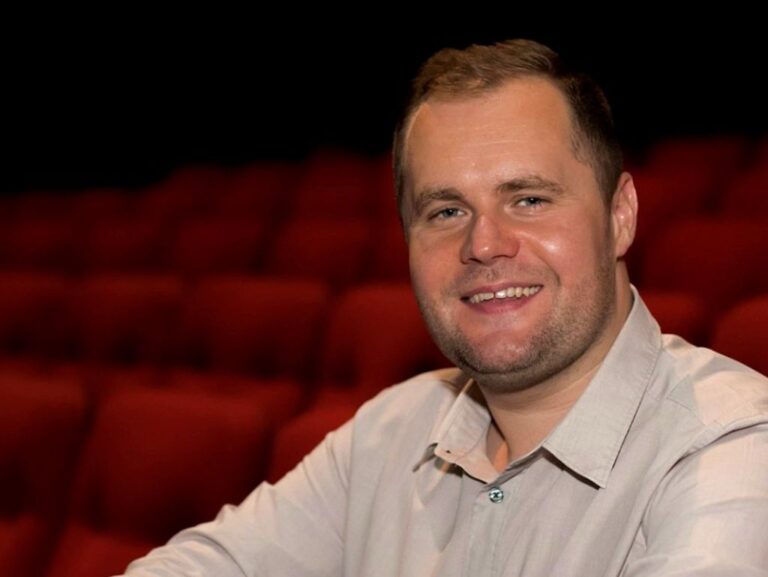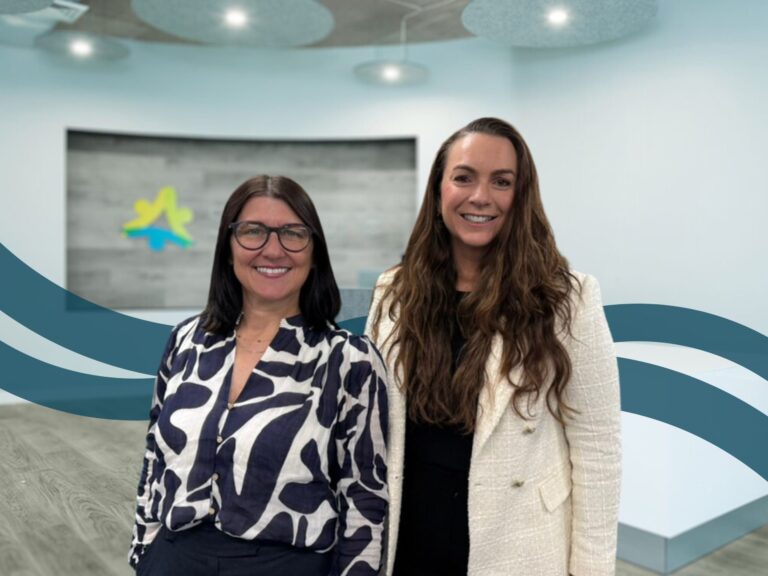A program that puts young people from Singleton in the driver’s seat has been recognised as industry leading at the Alcohol and Drug Foundation’s Community Drug Action Team Awards, which was held on 24 February.
The DRIVE program is the brainchild of Singleton’s Community Drug Action Team (CDAT), and is a partnership between Singleton Council, Singleton PCYC and the Salvation Army.
The aim of the program is to train driving mentors, who will then go on to teach young people who would otherwise be unable to tally the hours necessary to get their P plates.
Singleton Council’s Acting Director of Organisation and Community Capacity, Deborah McDonald, said current supervisors had reported how rewarding it was to be part of the program and to see young people gain the freedom that comes with having their own transport.
“The Partnership Project Award is due recognition for all of the CDAT members who have been involved in DRIVE, a truly life-changing program for young people who for one reason or another don’t have access to a car or someone who can help them learn to drive,” Deborah said.
“The young people involved in the program come from a range of backgrounds, from school students whose parents just don’t have the means or the time to help them gain the hours they need, to people who for whatever reason haven’t had the opportunity to go for their provisional licence.”
Council’s Road Safety Officer delivers the Supervising Learner Drivers Workshop for supervisors, while students have opportunities for further training including lessons with an instructor, a government-funded keys2Drive lesson alongside their mentor and Safer Driver courses.
Deborah said the collaborative program was the direct result of tangible action to address transport issues in Singleton.
“We know that transport is an issue for young people in Singleton, whether it’s public transport services or being able to drive themselves,” she said.
“The DRIVE program is a practical way that the community can work together to support young people aged between 16 and 25 to get the practical experience they need to get a licence.
“Best of all, it opens up a world of opportunities for people who can then apply for jobs that require a licence or take advantage of so many more options because of the freedom that comes with transport.”
Volunteer supervisors can register at any time for the program by visiting the council’s website.
IMAGE | Road Safety Officer, Alison Balding and Senior Socioeconomic Planner (Community), David Baker (left-right)






